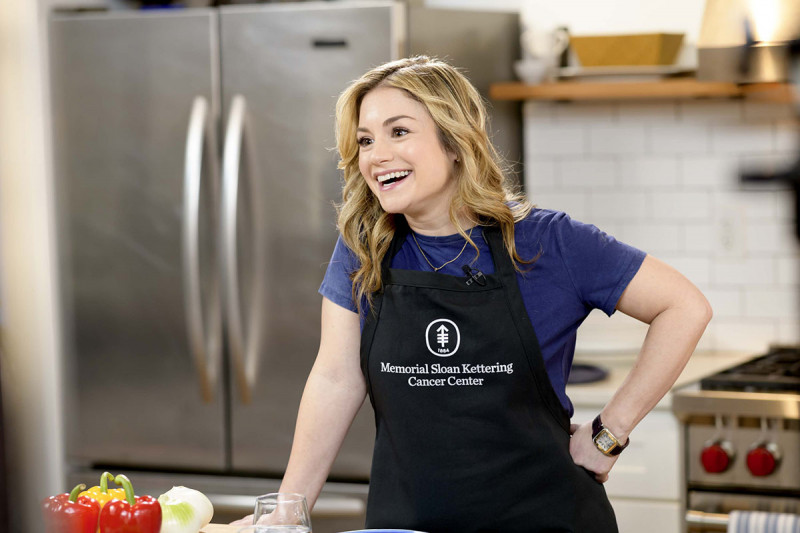

Getting proper nutrition during cancer treatment is vital. As the body tries to cope with the disease, the side effects from some types of therapy can be equally draining.
It’s common for eating habits to change during cancer treatment. But for some people, their loss of appetite is so extreme that eating anything at all can seem overwhelming. “Many of our patients experience nutrition-impacting symptoms. These might include nausea, vomiting, mouth sores, or diarrhea. And the way food tastes or smells may change and become really difficult to handle,” explains Alicia Gould, a clinical dietitian and nutritionist at Memorial Sloan Kettering.
5 Tips If You Feel Unable to Eat at All during Cancer Treatment
- Try eating food that is room temperature or colder, which can make it taste more bland.
- Leave the kitchen during cooking to avoid odors, which may be bothersome.
- Eat small portions frequently throughout the day, rather than trying to eat a full meal in one sitting.
- Think of food as medicine. People don’t always like the taste of medicine but realize they need to take it anyway.
- Try a liquid nutritional supplement, like Ensure. If even this is hard to finish, use a medicine cup instead of trying to drink it all in one sitting. The cup holds an ounce and a half, and if you drink one every hour, you will receive a significant amount of nutrition over the course of an entire day.
Supplements and Alternative Diets during Cancer Treatment
MSK specialists recommend drinking liquid nutritional supplements (such as Ensure, Boost, and Osmolite) or adding powders that are specially formulated to improve the nutrition of foods you can eat.
However, they warn against using supplements or diets that aren’t recommended by a patient’s care team. Some supplements can interfere with treatment, by interacting poorly with chemotherapy and radiation therapy. “We tell patients to talk to their care team and follow their recommendations before trying any supplement or diet,” says Ms. Gould. “There just isn’t any research to back up a lot of the supplements and diets on the Internet. The suggestions we make have been shown to help maintain lean muscle mass during treatment, which is what patients need.”








